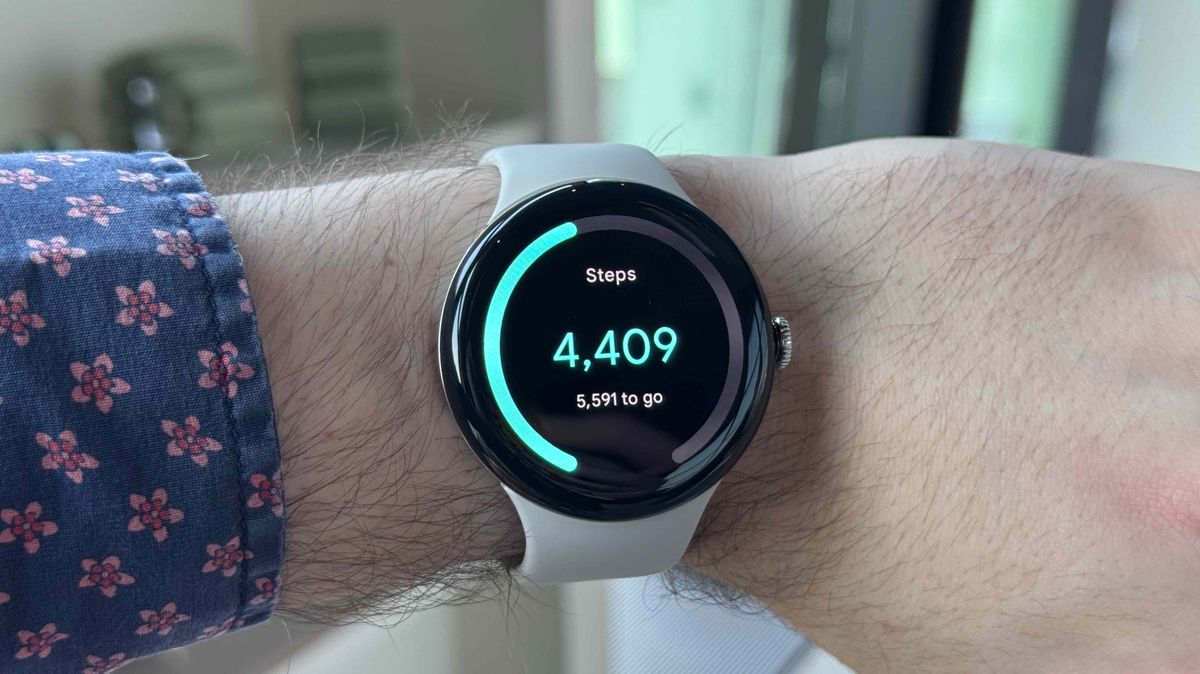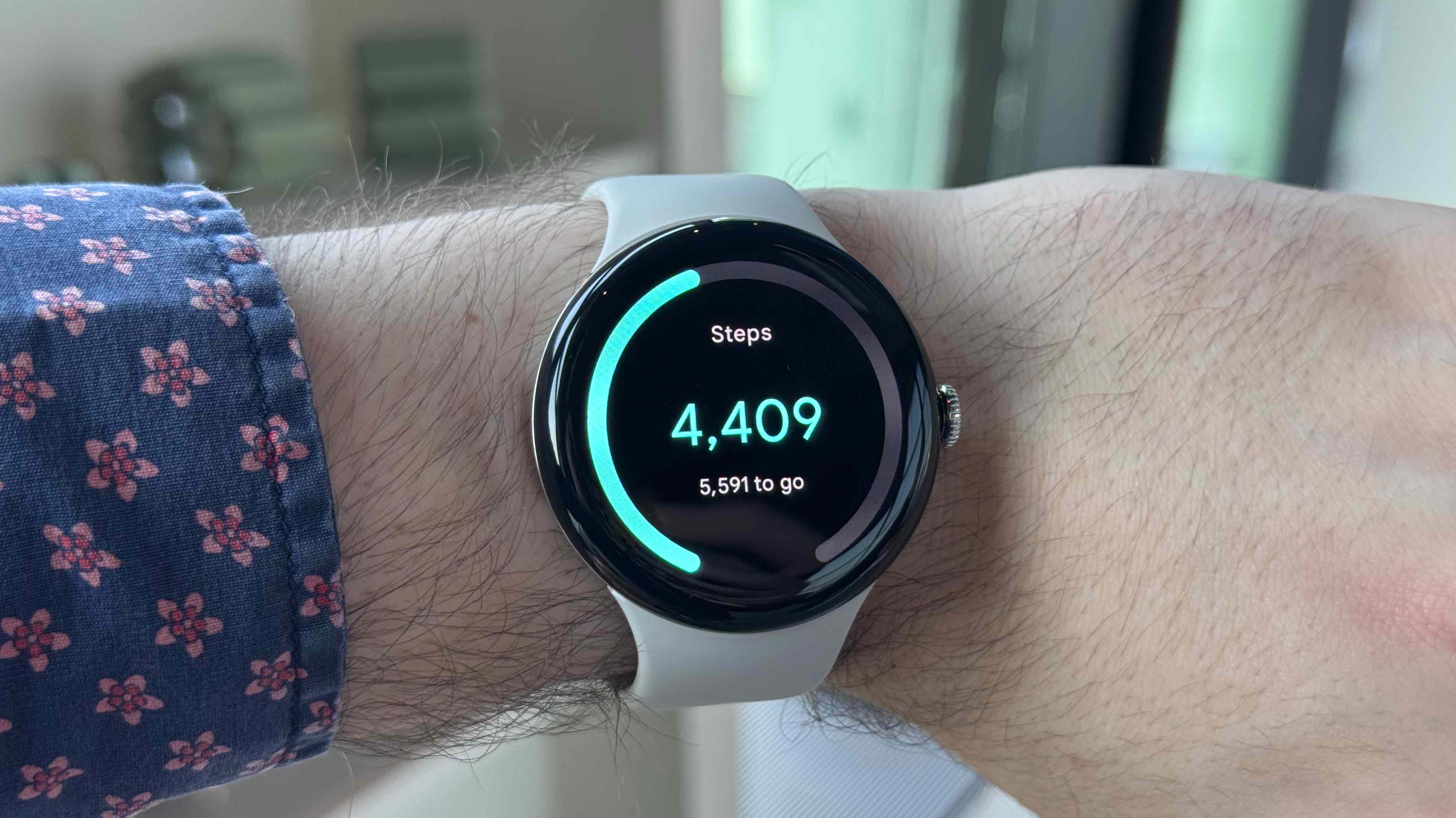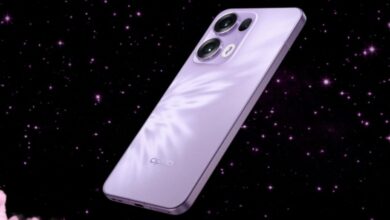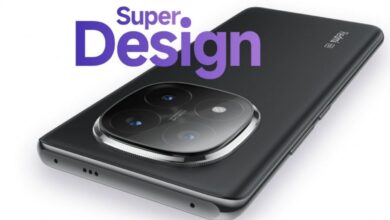Your Android smartwatch could soon work much better on iPhone, thanks to the EU


The European Commission has launched a procedure to help Apple meet the interoperability obligations of the Digital Markets Act. Apple warns that this measure could put European consumers at risk.
The EC announced Thursday that it has initiated two specification processes “to assist Apple in meeting its interoperability obligations under the DMA.”
The EC is taking specific action in two key areas. The second concerns how Apple handles interoperability requests from developers and third-party apps, so that they can better interact with Apple’s ecosystem.
However, it is the first initiative that has caught our attention. The EC is looking at “various iOS connectivity features and functionalities, primarily used for and by connected devices.”
The block specifically mentions smartwatches, as well as headphones and VR headsets, as devices that rely on effective interoperability with smartphones and their operating systems.
The release states that the procedures “outline how Apple will deliver effective interoperability with features such as notifications, device pairing, and connectivity,” implying that Apple is currently falling short in this area and needs to improve. This could be great news for Android smartwatch users, but Apple doesn’t seem impressed.
Another EU headache for Apple
In a statement to TechRadar, Apple said: “We’re proud to have built over 250,000 APIs to help developers build apps that can access our operating system and features in a way that protects user privacy and security. To comply with the DMA, we’ve also created ways for apps in the European Union to request additional interoperability with iOS and iPadOS while protecting our users.”
Apple took aim at the EC, saying: “Undermining the protections we’ve built over time would put European consumers at risk, giving bad actors more ways to access their devices and data. We will continue to work constructively with the European Commission on a path forward that both protects our EU users and clarifies the regulatory environment.”
The Commission will conclude this procedure in six months and will then “explain the measures that the gatekeeper must take to effectively comply with the DMA interoperability obligation.”
Apple appears to be getting the EU’s nod when it comes to interoperability, and doesn’t seem to have much room to maneuver. The resulting changes could see Android smartwatches like the Google Pixel Watch 3 gain deeper access to iPhone features like notifications and connectivity.
This move could give iPhone users more choice when it comes to the best smartwatch to pair with their device. However, there may be unintended consequences.
The EC has heavily regulated Apple’s iOS business model and made changes to the way Apple distributes apps on the iPhone. It has opened up streaming apps, alternative app marketplaces and even limited sideloading to the iPhone, a net gain for consumers. However, it can be argued that the changes have tarnished the polished experience of using Apple’s handsets.
More importantly, it has made Apple nervous about introducing new features in the area. Notably, Apple Intelligence is a notable absence from iOS in the EU. The company notes that it is concerned about the DMA’s interoperability requirements, which “could require us to compromise the integrity of our products in ways that jeopardize user privacy and data security.”
Apple is once again banging the drum about security and privacy with this latest development. The company also told us that there is a risk of malicious actors stealing data, exposing personal information, or even damaging their devices without proper protection for third-party interoperability. Apple even pointed to the recent global CrowdStrike outage as an example of this uncontrolled interoperability, with Microsoft’s interoperability agreement with the EC being cited as a reason why it can’t harden its operating system the way Apple does.
As the absence of Apple Intelligence shows, continued pressure from the EU could make Apple increasingly reluctant to bring new features, software changes, or even new products to the EU in the future.




